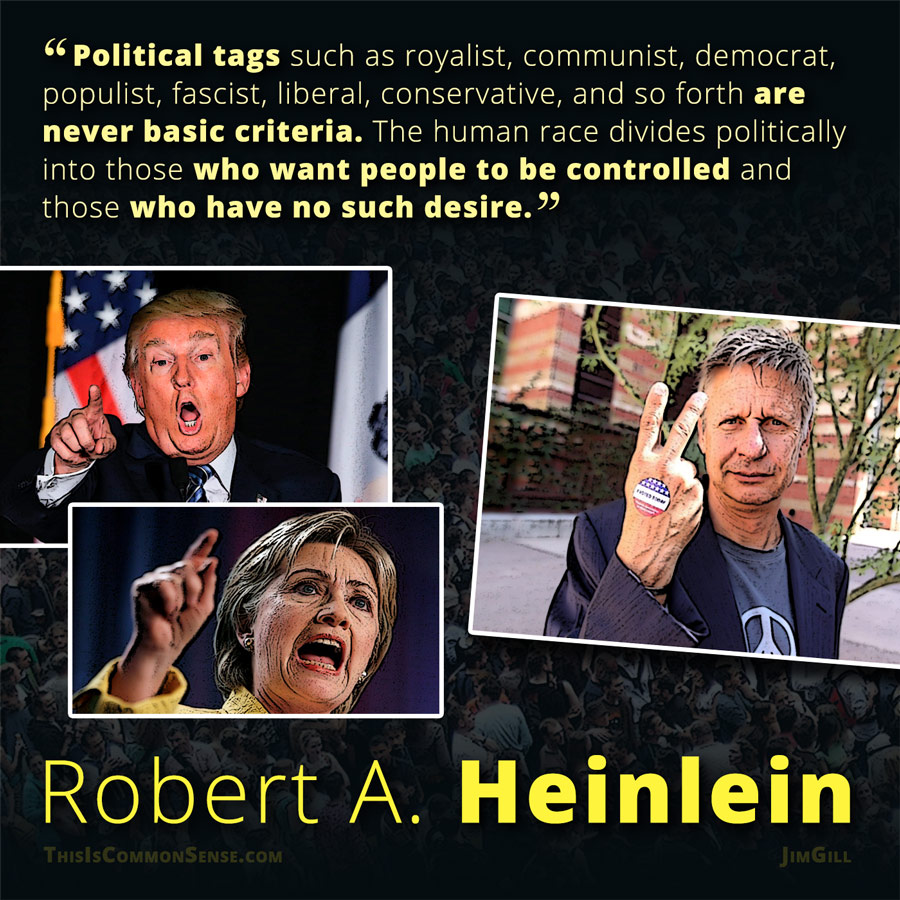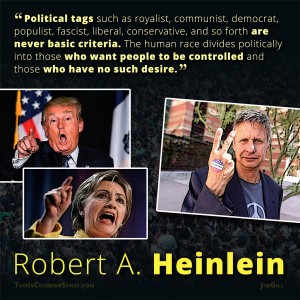Confucius said that our first task is to “rectify the language.”
That amounts to word control, but we probably should not take that too literally. We cannot “control the language.” Instead, we should take caution: error often rests upon improper word choice.
Take as an example not word control, but . . .
Gun control.
Which, Thomas Sowell reminds us, isn’t what it seems to be. “The fatal fallacy of gun-control laws in general is the assumption that such laws actually control guns,” Sowell wrote on the first day of winter. “What such laws actually do is increase the number of disarmed and defenseless victims.”
A new wisdom? No. Sowell, in 2016, is disabusing The New York Times for its inanities regarding the bearing of arms. In 1925, H. L. Mencken took on The Nation.
Gun control, Mencken wrote, “would not take pistols out of the hands of rogues and fools; it would simply take them out of the hands of honest men.”
Sowell argues that, no matter how irrational spree and mass murderers may seem, they “are usually rational enough to attack schools, churches, and other places where there is far less likelihood of someone being on the scene who is armed.”
Mencken noted that the gunman of his day “has great advantages everywhere. He has artillery in his pocket, and he may assume that, in the large cities, at least two-thirds of his prospective victims are unarmed. But if the Nation’s proposed law (or amendment) were passed and enforced, he could assume safely that all of them were unarmed.”
Maybe, following Confucius*, we should call laws against concealed carry not “gun control” but “citizen disarmament.”
This is Common Sense. I’m Paul Jacob.
* “Confucius” is the Western name for Kong Qui (551-479 B.C.E.), the great Chinese sage. He was often referred to by the honorific Kong Fuzi, meaning “Grand Master Kong,” which Jesuit missionaries to China in the 16th-century Latinized to “Confucius.”





